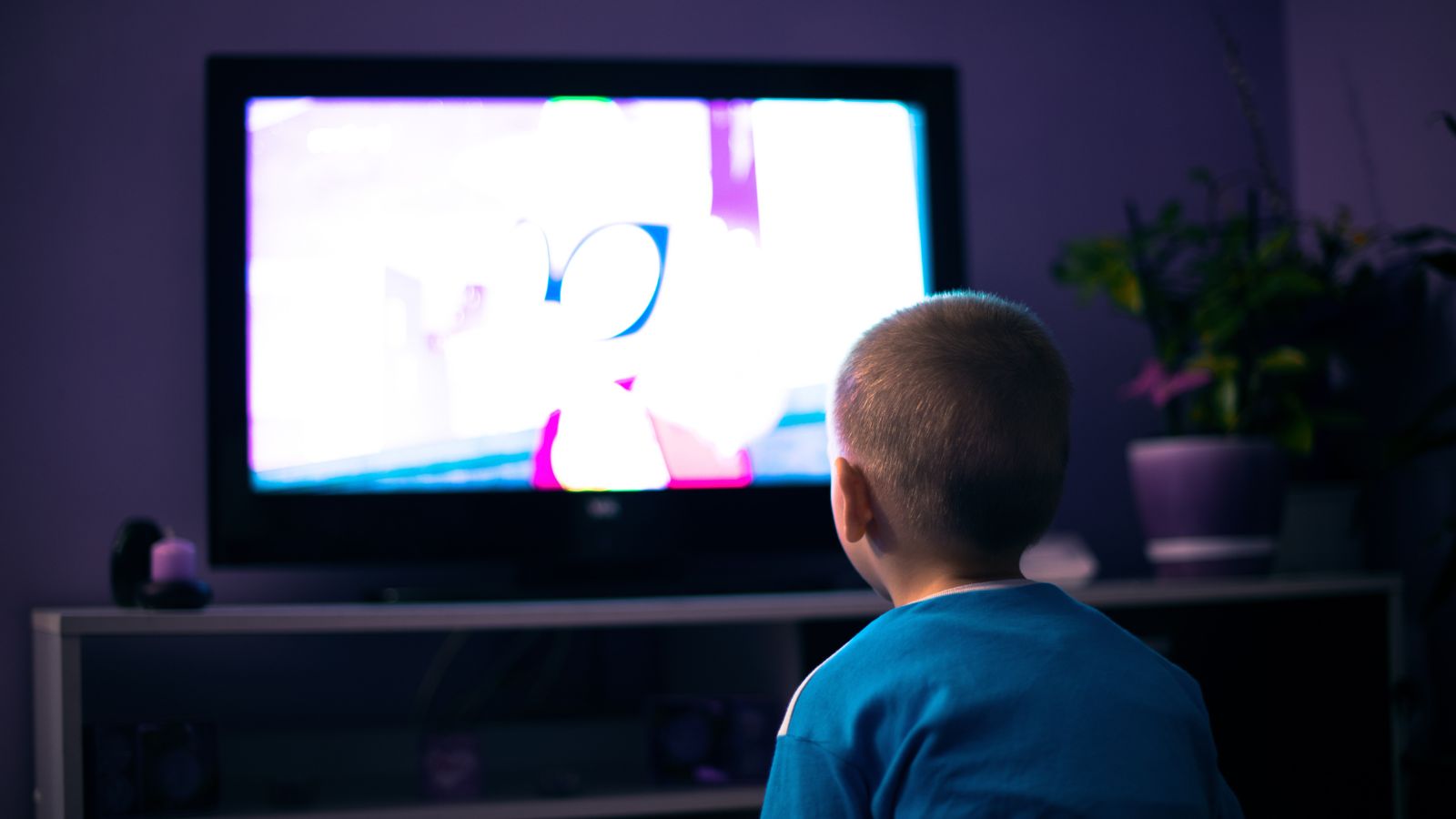Technology has become an integral part of modern life, offering benefits that range from increased connectivity to enhanced learning opportunities. However, its impact on childhood development is a growing concern among parents, educators, and psychologists. While technology can empower children in many ways, it also poses significant risks when overused or improperly managed. Here are 18 alarming effects of technology on childhood development.
Delayed Cognitive Development

Screens have become common in every other household in this age of technology. Consequently, children spend most of their time glued to screens instead of benefitting from opportunities that involve problem-solving and critical thinking. Most of the apps and videos they indulge in don’t encourage active engagement. Consequently, these children may become passive content consumers, missing the chance to develop essential cognitive skills.
Reduced Attention Span

The dopamine rush produced by digital content causes children to expect quick rewards. This makes it difficult for children to stay focused and engage in activities that require prolonged focus, such as reading a book. In a wider range, this can impact their academic life, where sustained concentration for longer periods is required.
Decline in Social Skills

Social skills are integral to our lives and are mostly acquired through interactions with peers and family members. However, children who spend most of their time on screens lack these skills, making it difficult to read facial expressions and body language or engage in meaningful conversations. This can impact their ability to build meaningful relationships and navigate social environments.
Increased Anxiety and Depression

Social media with seemingly perfect influencers can trap children in a world of comparison and judgment. The filtered images and videos of peers can make children feel inadequate and ungrateful. Moreover, the online world makes children vulnerable to cyberbullying and other similar negative interactions. These can also contribute to and exacerbate anxiety and depression in children, leaving them feeling lonely and insecure.
Sleep Disruption

Smart devices before bedtime can hinder melatonin production in young children due to blue light exposure. This disrupts their natural sleep cycle, making it difficult to fall asleep and have quality sleep. If this persists, it can affect their mood, cognitive functioning, and overall health.
Physical Health Issues

Excessive use of technology means children spend longer hours in a sedentary state. Physical activities that can improve their mental and physical health are replaced by screen time, where bad posture can lead to back and neck pain. Additionally, spending longer hours away from sunlight can cause vitamin D deficiency, and a lack of outdoor activities can cause weaker physical endurance.
Impaired Language Development

Languages are best learned through interactions with peers and caregivers. Children who spend a lot of time on screens miss out on important interactions with others. Consequently, much of what they could have learned through conversations is lost. The importance of real-world communication for language acquisition is such that even educational videos or apps can’t replace its benefits.
Addictive Behavior

Technology and its products, such as games, apps, and social media platforms, are designed to keep users engaged for extended periods. This can significantly affect children as they may develop compulsive behaviors, such as playing video games for extended periods or constantly checking notifications. These habits can have several negative effects, impacting meal times, homework, and sleep.
Reduced Family Bonding

In today’s world, many children have smart devices, which they often get engrossed in. Children may develop an addiction to these devices if parents do not establish screen time limits or take other necessary precautions. This can lead to a disconnect within families, as everyone may be absorbed in their screens, even during meals or family gatherings. As a result, family relationships can suffer, and children may miss out on the affection and connection they could receive from their parents.
Decreased Imagination and Creativity

Increased use of technology diminishes the imagination and creativity of the children. At the age when they should be engaged in unstructured play, like drawing or role-playing, they would be consuming pre-created content. This hampers their cognitive growth and makes them rely on others for ideas instead of coming up with their own.
Academic Challenges

Technology enables children to access knowledge from various sources. However, excessive use, especially for entertainment, can lead to compulsive behaviors, causing them to constantly check their phones. This overuse can also diminish their attention span, making it challenging to focus on homework or study for exams. Moreover, relying too heavily on AI for learning can obstruct deep understanding and critical thinking skills.
Heightened Risk of Exposure to Inappropriate Content

The online world is saturated with content that’s inappropriate for users, especially for children in their formative years. If parental controls aren’t properly enforced, the child might likely come across violent, explicit, misleading, or other age-inappropriate content. Exposure to such content can make the children suffer emotional stress and can even make them follow the wrong path down the line.
Shortened Memory Retention

If things are left unused, they rust and lose their functionality. The same principle applies to cognitive functions: if they are not actively used, our mental abilities can decline or, even worse, may not develop properly. For instance, if a child frequently relies on digital tools for information retrieval, their ability to recall information may weaken over time.
Impairment of Fine Motor Skills

Children must be involved in writing, drawing, or building activities to develop and improve fine motor skills. However, with technology as their go-to source of entertainment and learning, they might miss out on these critical development activities. This can weaken their hand-eye coordination and diminish their dexterity.
Increased Aggression

A popular saying goes, “What you consume is what you become.” Applying this to our children, if they are exposed to violent games or media content, they become more aggressive, as has been proven by studies. Repeated exposure to such content can desensitize them to violence, making them lead an aggressive lifestyle with violence and anger as their primary motivators.
Loss of Connection with Nature

Nature is there to enjoy and benefit from, as spending time in nature improves our physical and mental health. However, the vibrant colors of technology keep children stuck to screens indoors, with little to no desire to go out and play. As a result, children fail to appreciate the marvels of nature and suffer from physical ailments, mental exhaustion, and lack of creativity.
Emotional Numbness

The world of digital content is fast-paced and highly engaging, over-stimulating consumers. This can cause them to undervalue real-world experiences and might even make these experiences colorless for them. Consequently, children might struggle to experience joy or empathy from everyday interactions or activities as they slowly become emotionally numb.
Digital Identity Confusion

Social media can negatively impact users by prompting them to create an online persona influenced by trends and the approval of their peers. This particularly affects children, making it difficult for them to distinguish between their real and digital identities. This confusion can lead to identity issues and increased emotional stress.
Conclusion

Technology presents opportunities and challenges, and its impact on our lives depends on how we choose to integrate it. It has become an undeniable part of the everyday lives of children and adults. Therefore, parents should embrace technology and take appropriate measures to ensure its effects are positive for their children.
25 Countries Predicted to Become Economic Superpowers in the Next 20 Years

The strength of an economy plays a crucial role in various international policies about trade and relations. Certain factors determine the strength of an economy, including population growth, availability of resources, and development and advancement. Here are 25 countries predicted to become economic superpowers in the next 20 years
25 Countries Predicted to Become Economic Superpowers in the Next 20 Years
